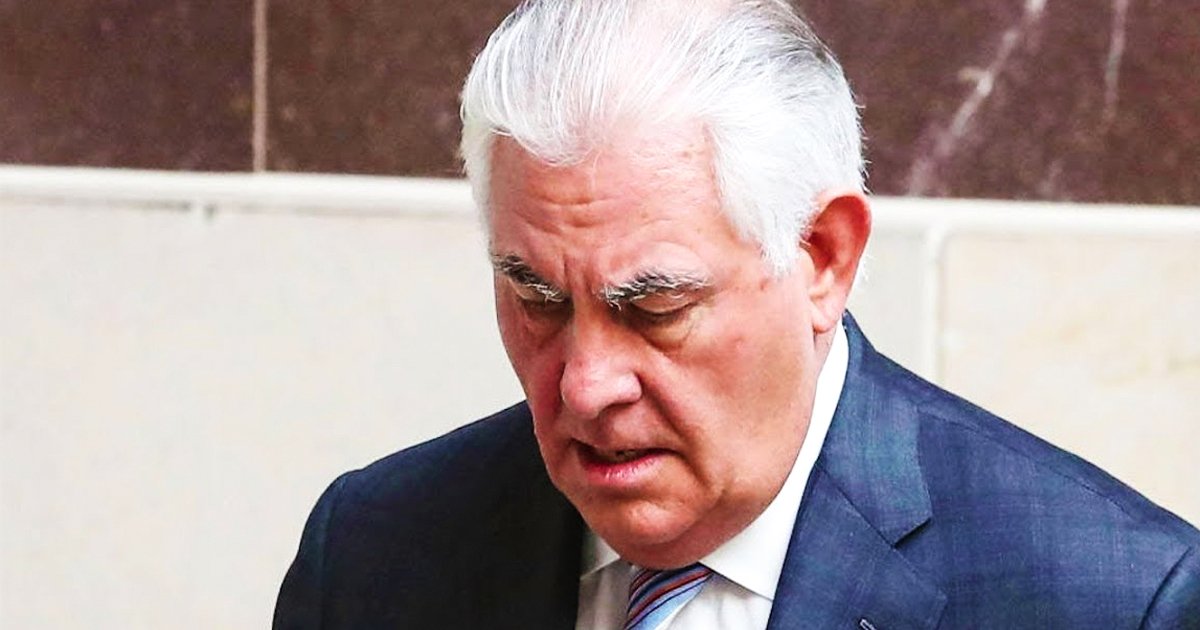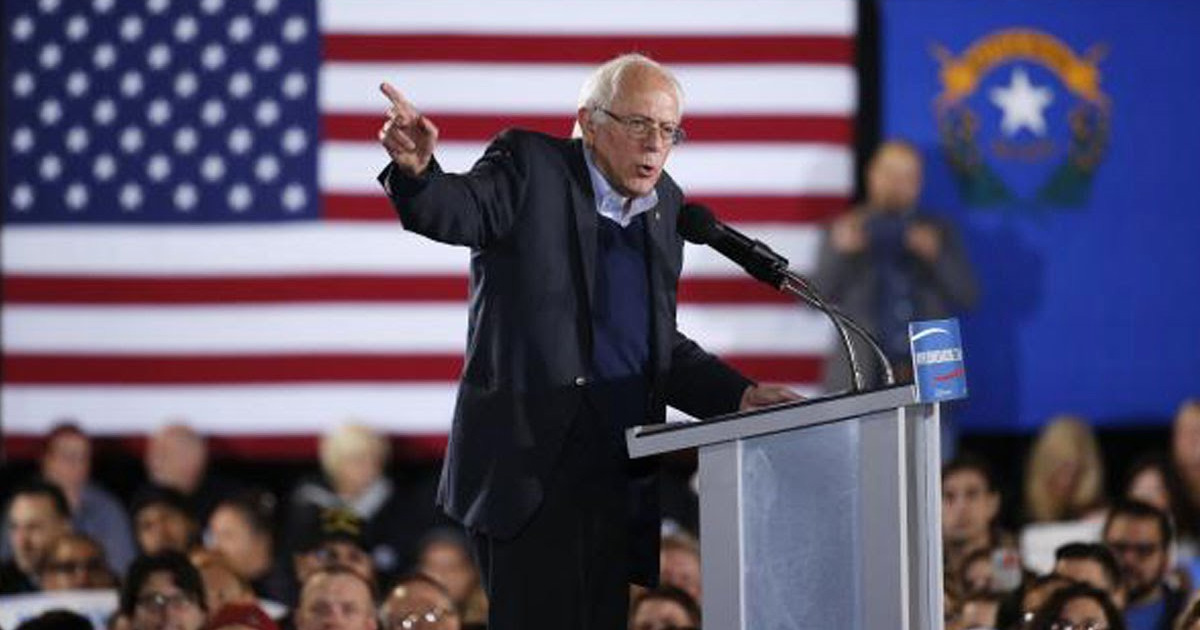Over a century after the Theodore Roosevelt Administration took on Standard Oil over a similar issue, the U.S. Department of Justice is launching an investigation of the airline industry over price fixing. DoJ sources have not named any specific airline companies, but thanks to the tidal wave of mergers and acquisitions over the past few years, it’s not too difficult to figure who the culprits are. Today, four carriers – American, Delta, Southwest and United – control over 80% of the domestic market for air travel.
Since 2009, the cost of airline tickets have gone up by 13% In addition, airlines have instituted numerous new “fees” that didn’t exist a decade ago. Today, passengers are charged a whopping $25 for every piece of luggage they check. And if you need to change your travel plans, watch out: you’ll be on the hook for as much as $200. Over a one-year period, those fees alone generated $6 billion for the industry.
Don’t think you can get around those bag fees with carry-on luggage, either. As air travelers have discovered, three of the four carriers now tack on a surcharge for carry-on luggage.
There’s more: passengers are now charged for blankets and pillows. Many airline companies no longer serve in-flight meals (not that airline food was ever great to begin with). However, passengers can purchase a “snack box” containing junk food loaded with salt and high-fructose corn syrup. As of this time, they have stopped short of charging for water, coffee and soda.
Peak travel day surcharges, once only charged during the Thanksgiving and Christmas holidays, have been expanded to other times of the year. Meanwhile, “unprofitable” routes are being cut and passengers are being packed into cabins like sardines. It goes on and on and on.
How do the airlines justify this? According to them, it’s about the high cost of jet fuel. Back around 2008 they had a point. Fuel represents an airline’s largest single operating expense. Crude oil was at around $150 a barrel at the time, translating into $4.27 a gallon. However, that reasoning doesn’t “fly” anymore. Today, airlines pay a mere $1.94 for that same gallon.
The bottom line: airlines last year raked in almost $20 billion. They’re looking at making $30 billion this year.
It’s the inevitable result of unregulated capitalism. In 1900, Standard Oil had a lock on more than 90% of U.S. oil production and 85% of sales. It took a DoJ lawsuit in 1909 to break its corporate stranglehold.
In 1978, airlines were deregulated. After only two decades, the DoJ’s antitrust division was forced to step in and investigate abuses by the major carriers, alleging the use of illegal tactics to stifle their competition. As it is today, fares in the 1990s were rising steeply even as service was being subject to cutbacks – and consumers were raising nine kinds of hell. Back then, Congress responded by introducing legislation requiring more transparency from the industry and requiring airlines to compensate passengers for any inconvenience they caused.
Today, history repeats itself – except for a Congress so beholden to Corporate America that it is unlikely to act on behalf of consumers, or even care. Nonetheless, the law is the law. If the airline industry is indeed acting in violations of existing statutes, it will be up to law enforcement agencies, such as the Department of Justice, to hold them accountable.




